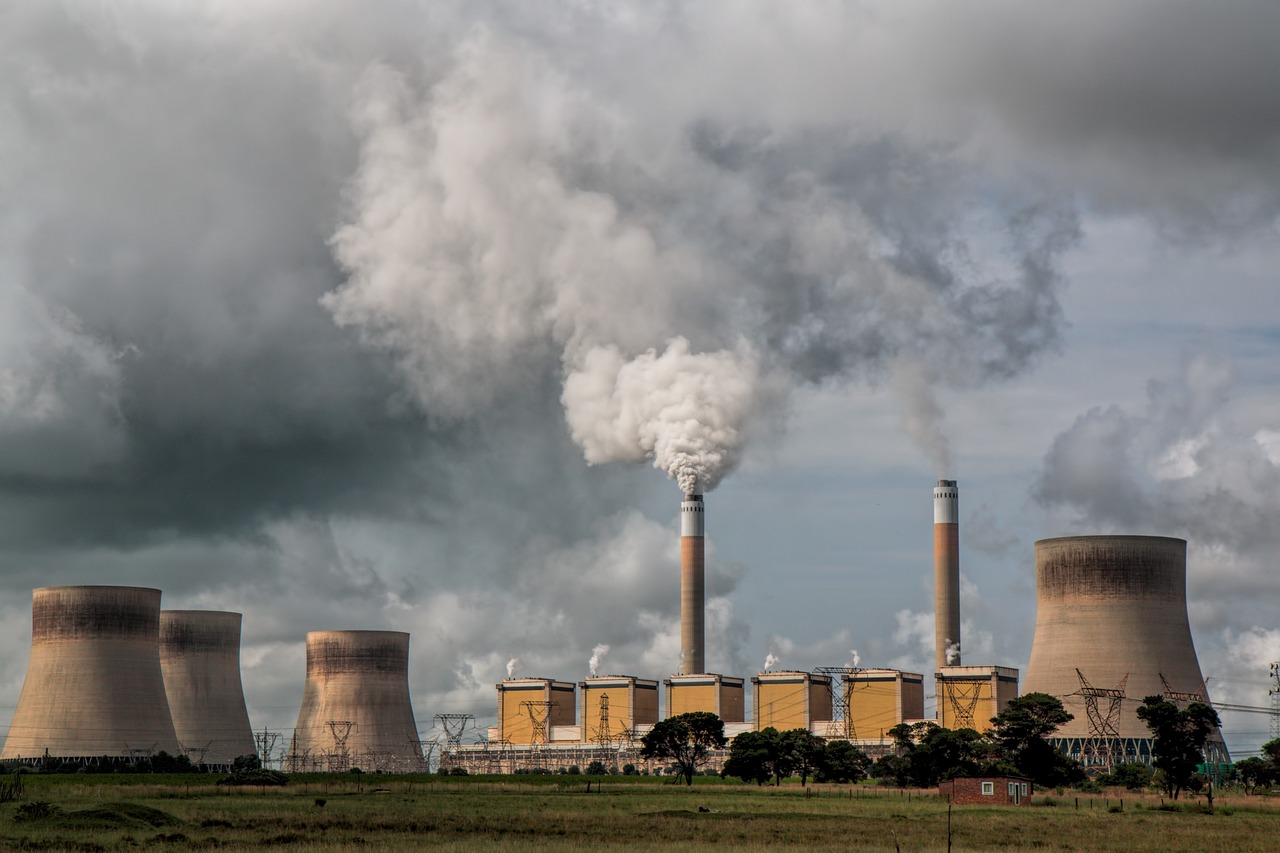Pollution due to Urbanization: A Growing Threat We Can't Ignore

Urbanization has been a driving force behind economic growth and development,
but it has also brought about a concerning rise in pollution levels that threaten our environment and public health. As more people flock to urban centers in search of better opportunities, the strain on resources and infrastructure has led to a surge in various forms of pollution, from air and water contamination to waste management issues.
The causes of pollution due to urbanization are multifaceted.
Increased vehicle emissions, industrial activities, and the overuse of energy resources all contribute to the problem. Additionally, the lack of proper waste management systems and the improper disposal of hazardous materials further exacerbate the situation.
The consequences of this pollution crisis are dire.
Air pollution has been linked to a range of respiratory diseases, while water contamination can lead to the spread of waterborne illnesses. Moreover, the degradation of the environment has a cascading effect on ecosystems, biodiversity, and overall quality of life.
However,
there are solutions available to address this pressing issue. Implementing stricter regulations on emissions, promoting the use of renewable energy sources, and investing in sustainable waste management practices can all play a crucial role in mitigating the impact of urbanization on the environment. Additionally, educating the public and encouraging individual efforts to reduce their carbon footprint can contribute to a more sustainable future.
It is time for us to take decisive action and prioritize the well-being of our communities and the planet. By addressing the pollution challenges posed by urbanization, we can pave the way for a healthier, more livable future for generations to come.
Pollution Due to Urbanization: A Growing Concern
Urbanization is a global phenomenon that has brought about significant economic and social progress. However, this rapid growth of cities has also led to a concerning rise in pollution levels, posing a serious threat to our environment and public health. In this blog post, we will delve into the causes of pollution due to urbanization and explore potential solutions to address this pressing issue.
Causes of Pollution Due to Urbanization
1. Increased Vehicular Emissions: The influx of people into urban areas has led to a surge in the number of vehicles on the roads, contributing to the release of harmful pollutants such as carbon monoxide, nitrogen oxides, and particulate matter.
2. Industrial Activity: Urban areas often serve as hubs for industrial activity, with factories and manufacturing plants generating a significant amount of air, water, and soil pollution.
3. Waste Management Challenges: The sheer volume of waste generated in urban areas often overwhelms the existing waste management infrastructure, leading to improper disposal and the release of pollutants into the environment.
4. Energy Consumption: The high energy demands of urban areas, particularly for heating, cooling, and electricity, often rely on the burning of fossil fuels, contributing to air pollution and greenhouse gas emissions.
5. Deforestation and Habitat Loss: The expansion of urban areas often comes at the expense of natural habitats, leading to deforestation and the loss of green spaces that play a crucial role in regulating air quality and absorbing pollutants.
Solutions to Address Pollution Due to Urbanization
1. Promote Sustainable Transportation: Encouraging the use of public transportation, electric vehicles, and non-motorized modes of transportation, such as walking and cycling, can significantly reduce vehicular emissions.
2. Implement Stricter Regulations: Governments should enact and enforce stricter regulations on industrial emissions, waste management, and energy consumption to hold businesses and individuals accountable for their environmental impact.
3. Invest in Renewable Energy: Transitioning to renewable energy sources, such as solar, wind, and hydropower, can reduce the reliance on fossil fuels and lower the carbon footprint of urban areas.
4. Enhance Waste Management Infrastructure: Improving waste collection, recycling, and disposal systems can help mitigate the environmental impact of urban waste.
5. Preserve and Expand Green Spaces: Protecting and expanding urban green spaces, such as parks, gardens, and urban forests, can help improve air quality, reduce heat island effects, and provide valuable habitats for wildlife.
Conclusion
Addressing the issue of pollution due to urbanization requires a comprehensive and collaborative approach involving governments, businesses, and citizens. By implementing sustainable solutions and promoting environmental awareness, we can work towards creating healthier and more livable urban environments for generations to come.



You must be logged in to post a comment.